The best diet plan for weight loss is one that works for you. There are so many different diets, but they all work differently for other people. The most important thing is finding a diet that fits your lifestyle and eating habits.
Here are some tips to help you choose the right diet plan for weight loss:
- Choose a diet that suits your preferences. Do you like food that tastes sweet or savory? Are you more interested in losing fat or gaining muscle? Do you prefer to eat healthy foods, or do you love junk food? These questions will help you decide which diet plan would be best for you.
- Find a diet that helps you lose weight quickly. Some diets require you to cut down on calories drastically, while others allow you to eat whatever you want without counting calories. Choosing a diet that will enable you to lose weight fast is essential because you’ll see results sooner.
- Consider your health conditions when choosing a diet plan. If you’re pregnant or suffer from certain medical conditions, it may not be safe for you to follow a strict diet plan. Talk to your doctor before starting any new diet program.
Most Effective Weight Loss Program
Here’s a comparison table outlining some of the best weight-loss diets, focusing on critical factors such as effectiveness, ease of adherence, nutritional balance, and potential drawbacks.
| Diet | Description | Effectiveness for Weight Loss | Ease of Adherence | Nutritional Balance | Potential Drawbacks |
|---|---|---|---|---|---|
Mediterranean Diet | Emphasizes whole grains, fruits, vegetables, fish, and healthy fats like olive oil. | Highly effective for sustainable weight loss. | Moderate to high, depending on familiarity with cooking and access to fresh foods. | Very high, promotes a balanced intake of nutrients. | It can be expensive due to reliance on fresh produce and quality oils. |
Keto Diet | Low-carb, high-fat diet that puts the body into ketosis to burn fat for fuel. | Rapid weight loss, particularly in the short term. | It is difficult for many due to strict carb restrictions. | It can lack fiber and some essential nutrients if not adequately planned. | Possible side effects like “keto flu” and long-term sustainability are questionable. |
Intermittent Fasting | It focuses on when you eat and cycle between periods of fasting and eating. | Effective, particularly for reducing calorie intake and managing insulin levels. | High, depending on the chosen fasting schedule. | Nutritionally balanced if healthy foods are consumed during eating periods. | It may be difficult for those with a history of disordered eating, which can lead to overeating during eating windows. |
DASH Diet | Originally designed to reduce hypertension, it emphasizes fruits, vegetables, and low-fat dairy. | Effective, especially for long-term weight management. | Moderate, as it requires meal planning and reducing sodium intake. | Very high, includes a variety of nutrient-dense foods. | It requires careful planning and may be restrictive for those used to high-sodium diets. |
Paleo Diet | It focuses on eating like early humans, emphasizing meat, fish, fruits, vegetables, nuts, and seeds while excluding processed foods and grains. | Effective for weight loss due to the elimination of processed foods and sugars. | Moderate may be challenging due to restrictions on grains and dairy. | It is generally balanced but can be low in calcium and vitamin D. | It can be expensive and may lack long-term sustainability; it excludes entire food groups. |
Weight Watchers (WW) | A points-based system that encourages healthier food choices with a focus on portion control. | Highly effective for long-term weight loss with a supportive community aspect. | High, due to flexibility in food choices and access to support. | Balanced, as it allows a variety of foods in moderation. | The cost of membership can be a barrier; reliance on self-monitoring may be challenging for some. |
Plant-Based Diet | Emphasizes whole, plant-based foods, including fruits, vegetables, grains, nuts, and seeds, while minimizing or eliminating animal products. | Effective, particularly for reducing calorie intake and improving overall health. | High, though, may require effort to ensure complete protein intake. | Very high, rich in fiber, vitamins, and minerals, but may need supplementation for B12. | It may be difficult for those who prefer animal products; careful planning is needed to avoid nutritional deficiencies. |
Mediterranean Diet vs. DASH Diet
| Feature | Mediterranean Diet | DASH Diet |
|---|---|---|
| Primary Focus | Heart health and longevity | Lowering blood pressure |
| Key Foods | Olive oil, fish, whole grains, vegetables, legumes, nuts, fruits, red wine (moderation) | Fruits, vegetables, low-fat dairy, whole grains, lean protein, nuts, limited salt |
| Red Meat | Limited | Limited |
| Dairy | Moderate (cheese and yogurt) | Low-fat or non-fat dairy is encouraged |
| Salt/Sodium | Natural seasoning preferred (herbs/spices) | Strictly limited (1500–2300 mg/day) |
| Scientific Support | Extensive, especially for cardiovascular health | Strong support for reducing hypertension |
| Best For | Overall health, weight management | Individuals with or at risk of high blood pressure |
Mediterranean Diet vs. Plant-Based Diet vs. Paleo Diet
| Feature | Mediterranean Diet | Plant-Based Diet | Paleo Diet |
|---|---|---|---|
| Animal Products | Moderate intake of fish, dairy, and poultry | Mostly excluded or minimized | Includes meat and fish; excludes dairy and grains |
| Grains | Whole grains encouraged | Whole grains included | Excluded entirely |
| Legumes | Encouraged | Core food group | Excluded |
| Dairy | Moderate (mostly cheese and yogurt) | Typically excluded or minimized | Excluded |
| Processed Foods | Discouraged | Eliminated | Eliminated |
| Primary Fats | Olive oil, nuts, seeds | Nuts, seeds, plant oils | Nuts, seeds, animal fats |
| Health Benefits | Heart health, brain health, reduced inflammation | Weight loss, lower chronic disease risk | Weight loss, potential digestive improvements |
| Flexibility | Highly flexible and sustainable | Flexible but requires planning | Restrictive with limited food choices |
South Beach Diet vs Mediterranean Diet – Which Is Better For Weight Loss?
Both the South Beach Diet and the Mediterranean Diet are considered to be effective ways of achieving weight loss. The question is which diet is better suited for those who want to achieve their ideal body shape.
Both these diets have proven to be very successful at helping people shed pounds. They both focus on reducing calories from fat and increasing the amount of protein consumed. Both also encourage the consumption of fresh fruits and vegetables.
However, they differ in terms of the foods that are allowed and encouraged. In the case of the South Beach Diet, carbohydrates are restricted and only lean proteins are permitted. On the other hand, the Mediterranean Diet promotes the consumption of whole grains, olive oil, fish, nuts, and seeds, which interests people of any age from around the world.
As a result, the weight loss and fitness industries have been booming for years. There are so many diets that those seeking help with their weight loss or health needs don’t know where to turn.
Which diet plan for weight loss is the best? The Mediterranean diet and the South Beach diet have become exceptionally popular recently. Here’s a detailed comparison of both diets.
Diet Plan For Weight Loss - Mediterranean Diet Meal Plan
The Mediterranean diet is a healthy eating plan. It’s plant-based and incorporates the region’s traditional flavors and cooking methods.
The Mediterranean Diet is often called “The Healthiest Diet Worldwide” due to its healthy weight loss benefits. As the name implies, the Mediterranean Diet has been enjoyed by people living in the Mediterranean region, particularly Italy and Greece, for thousands of years and is now being adopted by many Americans and others worldwide.
It is a diet low in saturated fat, with healthy monounsaturated fats provided through fish, nuts, and olive oil. It features foods such as dried fruits, vegetables, whole grains, small portions of meat such as salmon, turkey, lamb, and tuna, and a small amount of wine.
The Mediterranean Diet is known for many benefits, such as helping to prevent gallstones, breast cancer, cardiovascular disease, hypertension, high cholesterol, and other diseases.
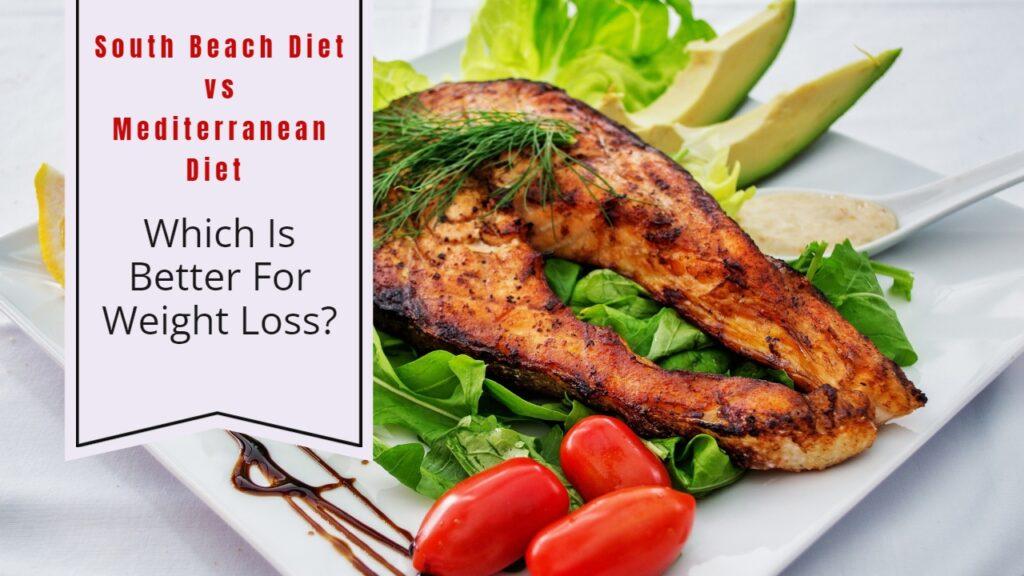
Diet Plan For Weight Loss - South Beach Diet Plan
The South Beach Diet is a commercial diet plan designed in the mid-1990s by Dr. Arthur Agatston and dietitian Marie Almon.
The purpose of the South Beach Diet is to change the overall balance of the foods you eat to encourage weight loss and a healthy lifestyle.
The South Beach Diet is a newer “no-carb” diet in which carbohydrates are forbidden during the first phase and slowly introduced back into the diet after two weeks.
South Beach Diet says that its balance of complex carbs, lean protein, and healthy fats makes it a nutrient-dense, fiber-rich diet you can follow for a lifetime of healthy eating. Food sources of complex carbs, or so-called good carbs, include fruit, vegetables, whole grains, beans, and legumes. Simple carbs, or “bad” carbs, contain sugar, syrup, and baked goods made from refined white flour.
There are three phases, with the third being for maintenance. The focus is on lean meats such as chicken, turkey, shellfish, fish, nuts, eggs, and low-fat cheese. The benefits are weight loss and a long-term balanced diet plan to help with weight maintenance.
How The Diet Plan Are Alike - Pros & Cons
The similarities between these two diets include eating restaurant-quality recipes and promoting healthy monounsaturated fats. Both diets are low in unhealthy saturated fats found in cheese and meat. Both provide an avenue for fast weight loss with a plan for lifetime maintenance. Also, both diets offer online support and memberships for delicious diet recipes. For instance, Ayhan’s Mediterranean Menu Plans are available for those who want to change to a Mediterranean way of eating.
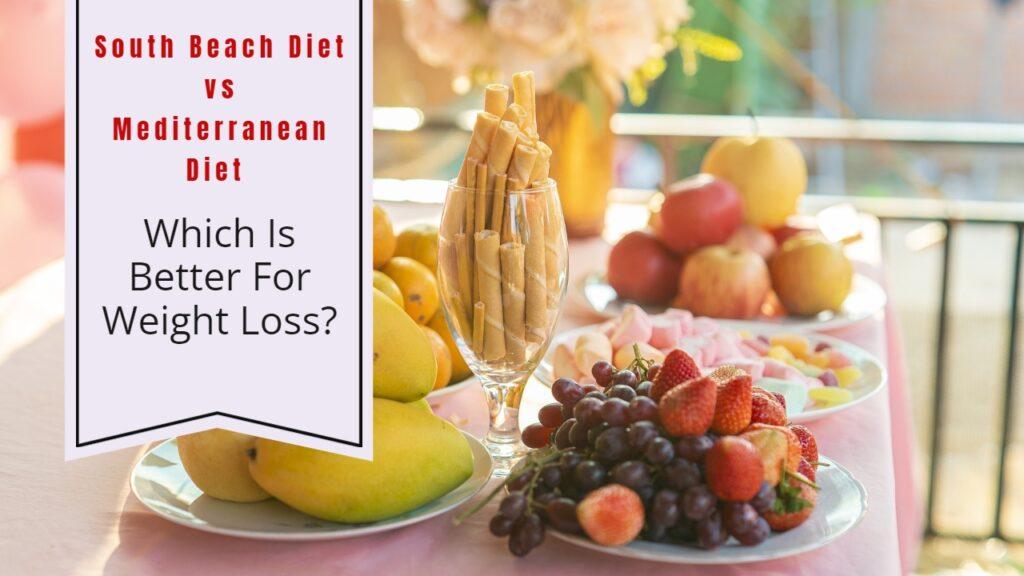
How They Differ - Pros & Cons
Alcohol (especially wine) is allowed in moderation in the Mediterranean Diet, while it is forbidden in the first phase of the South Beach Diet. The Mediterranean Diet is high in fiber, while the South Beach Diet is low during its initial phase.
The Mediterranean Diet focuses on portion control, while the South Beach Diet restricts “what” is eaten by prohibiting certain fruits and vegetables. Another significant difference is that those who adopt the Mediterranean Diet may order foods, dressings, and seasonings online for their cooking needs. At the same time, the South Beach Diet does not offer such products.
South Beach is much more balanced and focuses on curbing cravings while you’re making positive eating changes. While the first two weeks can be challenging for most people, they are not starving themselves, and the rapid weight loss can be rewarding enough for most people.
The South Beach Diet has only existed for a few years, while the Mediterranean Diet has existed for thousands of years. Studies have shown that those eating a Mediterranean Diet are at lower risk of major diseases and can even increase longevity.
This comparison shows that both diets offer health and weight loss benefits. However, the Mediterranean Diet is better for long-term good health and has fared well in many studies.
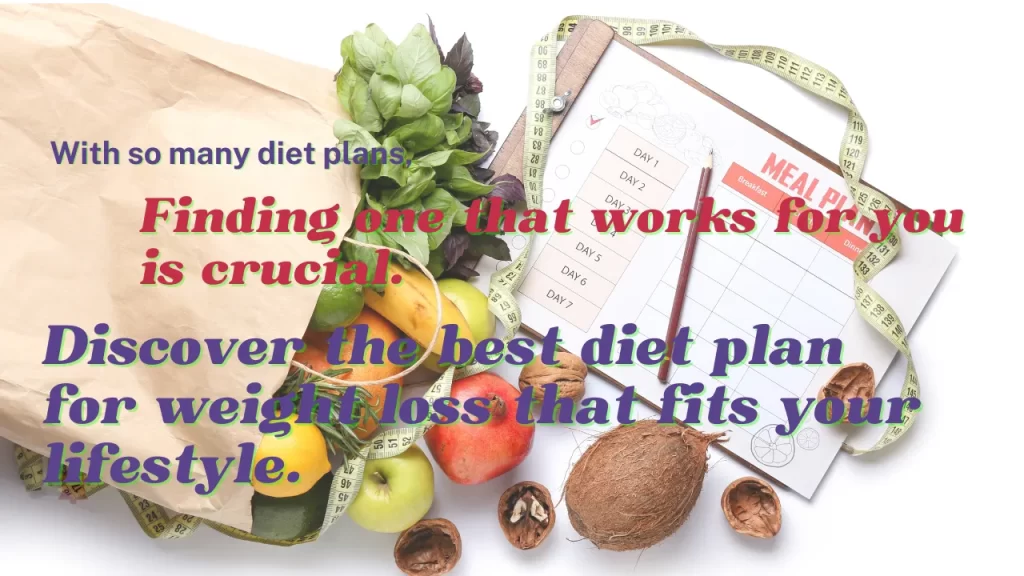
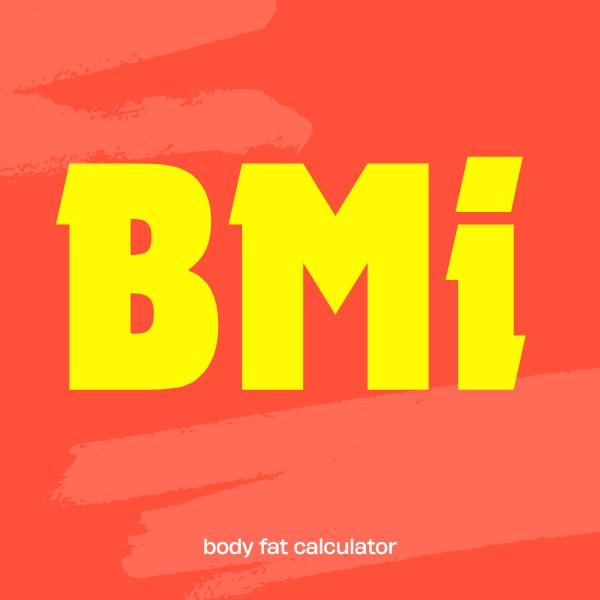
BMI Index Calculator
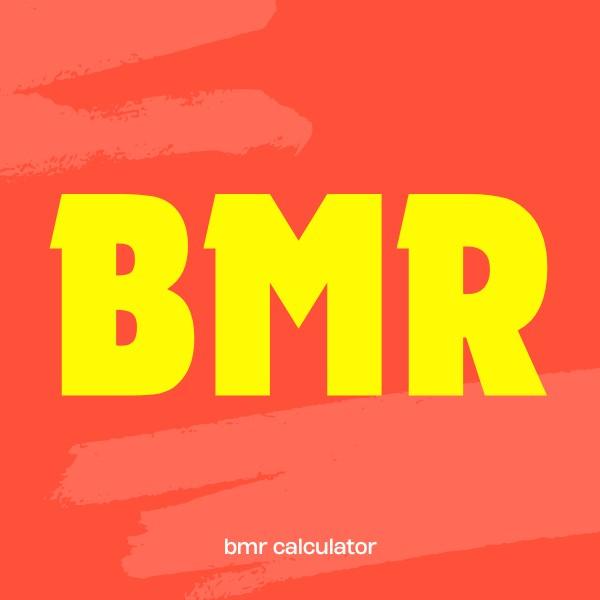
Basal Metabolic Rate
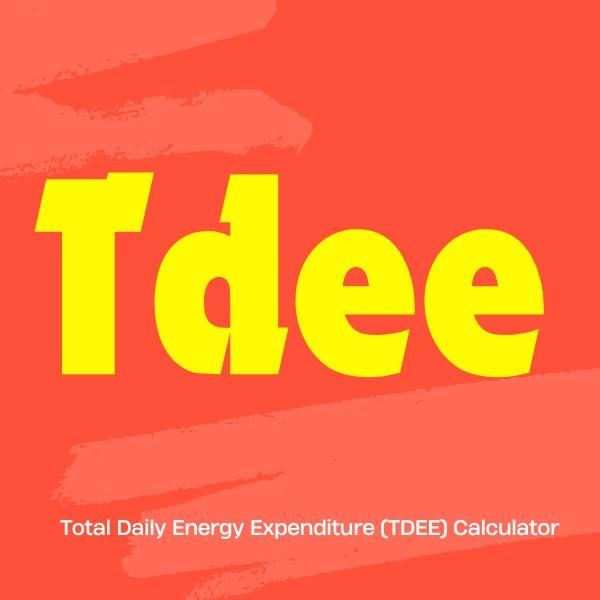
Tdee Calculator
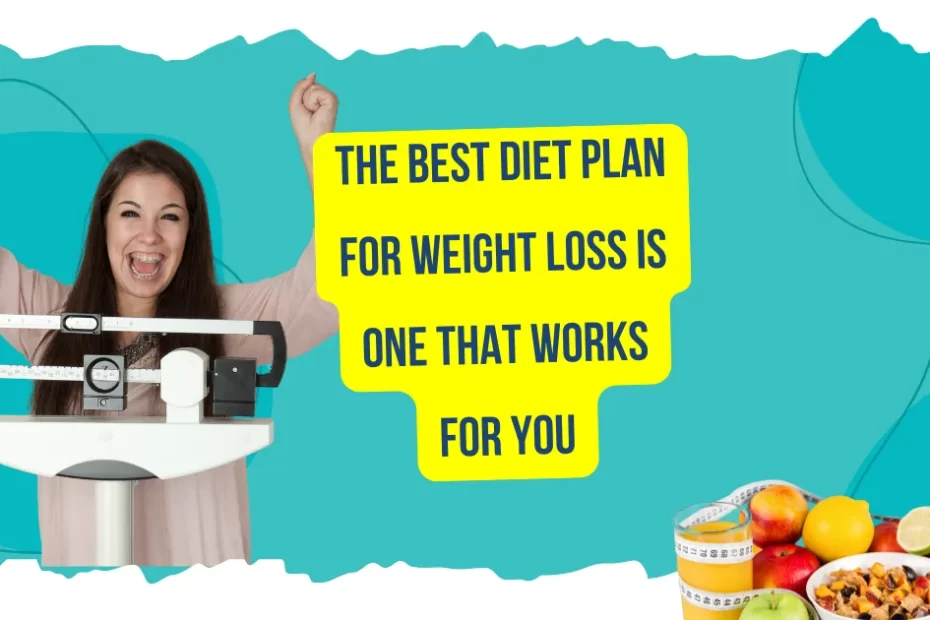
Exciting to see the variety of diets available today! From keto to vegan, there’s something for everyone. It’s essential to find a diet that aligns with your health goals and suits your lifestyle.
Njoy
I agree with your point of view, your article has given me a lot of help and benefited me a lot. Thanks. Hope you continue to write such excellent articles.
Combine the power of Ozempic with a balanced diet and exercise routine for even better results. Embrace a healthy lifestyle and watch those pounds melt away!
Your point of view caught my eye and was very interesting. Thanks.
With so many diets out there, it’s important to remember that no one-size-fits-all approach works for everyone. Experiment, listen to your body, and find the eating style that makes you feel nourished and energized. It’s all about finding what works best for YOU! 💪🌿 #DietVariety #Individuality
Let’s celebrate dietary diversity! From plant-based to low-carb, there are so many ways to eat well and thrive.
Remember, a diet isn’t just about weight loss—it’s about overall well-being
thank you so much for your kind words and feedback on my Facebook post. I’m thrilled to hear that the article provided you with inspiration
I’ve been following the Mediterranean diet for a while now, and it’s been great! It’s rich in vegetables, fruits, whole grains, fish, and nuts, and it’s been associated with a reduced risk of multiple chronic diseases and increased life expectancy. Plus, it’s sustainable and easy to follow.
Great discussion on diets to reduce overweight and cholesterol! It’s amazing how much our eating habits can impact our health. One thing that’s helped me is consulting with a dietitian to tailor a plan that fits my lifestyle and food preferences
I’ve found the Mediterranean diet to be the best for me. It’s balanced, flavorful, and has helped me maintain a healthy weight and feel great.